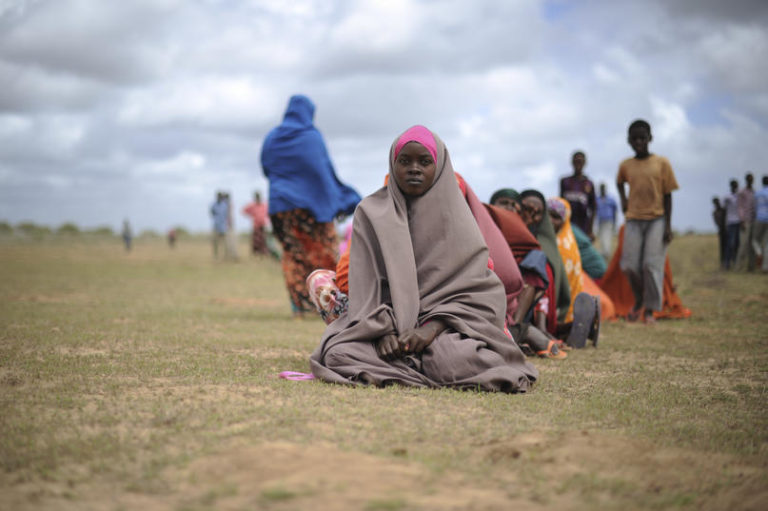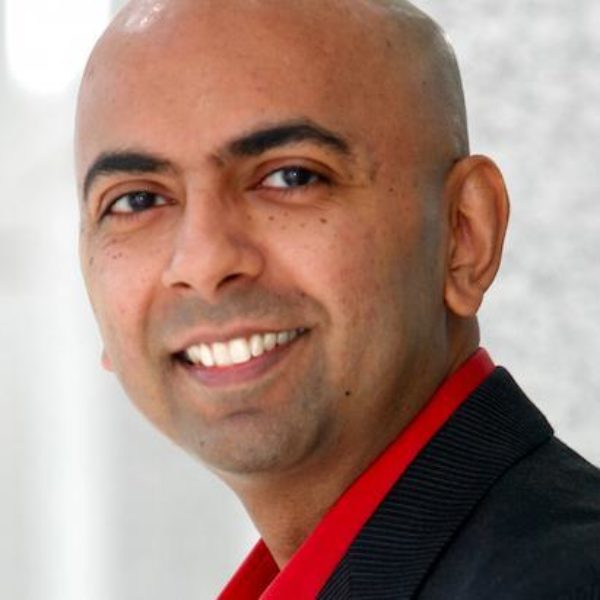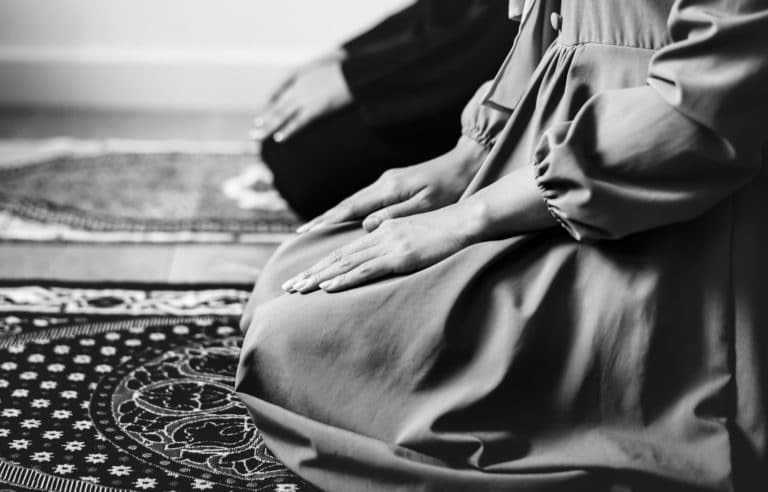
Image by Tobin Jones/UN Photo.
The Nourishment of Ramadan Isn’t About Pushing Food Away
For Muslims, Ramadan is the holy month in which the Prophet Muhammad (peace be upon him) began to receive the first series of messages that would eventually become the Quran.
The Prophet was a family man and a business man. And yet he took time away from family and work to go on solitary retreats. He took a break from society, a kind of sabbatical from his routines, to reach for a deeper relationship with God, much like Jesus in the desert.
What this has taught me is that our relationship with God is more important than all of our social relations and definitely much more important than the pursuit of money and success. That’s why I’ve always associated the month of Ramadan more with focusing on God and less with fasting.
Fasting from food, to be sure, is prescribed by the Quran and the Prophet. It cleanses the body, it teaches self-control, and it represents a sacrifice made for the sake of God. That is why so many Muslims take such great care to observe the fast from sunrise to sunset. May God bless them for observing this practice.
But what is the principle behind the practice? In my reading of the Quran and the teachings of the Prophet, the main principle behind fasting is to learn that God’s blessings are the true source of nourishment for our hearts and minds and bodies.

We can look for nourishment in food and addictive substances. We can look for nourishment in getting attention and approval from other people. We can look for nourishment in money and career achievements. We can look for nourishment even in controlling and manipulating others. But nothing can actually nourish our hearts and minds except the presence, the grace, and the mercy of God in our lives.
When we Muslims say the core principle of our faith, “There is no god but God,” one way to read this is: “There is no nourishment except God’s nourishment.”
So the principle behind fasting from food is the turning of our hearts and minds away from the false sources of nourishment to the one true source of nourishment. In this way, Ramadan is less about saying no to food and more about saying yes to God.
When we focus on saying no to food, we find ourselves thinking more about food than ever before. We get obsessed with what we are denying ourselves. We think about how long it’s been since we last ate. We think about how hungry and thirsty we are all day long. We think about how much we’re going to eat after we break the fast. We count down the hours and minutes until we can take that first bite. In this scenario, we are completely focused and fixated on food. Yes, we are observing the fast, but where is our attention? And what is our real goal?

When we focus on saying yes to God, we find ourselves thinking more about God himself. We find ourselves listening more deeply for what God calls us to do with our lives. We might ask ourselves: “Is my relationship to God as strong and healthy as it could be? Has it deepened at all in the last few years? And if not, what can I do to deepen it and strengthen it?” In other words, what changes do we need to make in our hearts and minds to let God in?
For example, do we have any false notions about God that are preventing us from keeping him near and dear to our hearts? Do we think God is an angry judge in the sky waiting to punish us for our mistakes? Do we think that God wants to put us through trial after trial after trial just to see when our hearts will break into pieces? Do we think God only has close relationships with special people like the prophets but is quite uninterested in the rest of us ordinary people? False notions about God like these can discourage us from even reaching for a close relationship to him.
That is why this holy month was given to us as a perfect time to evaluate ourselves to see what we need to change. It’s a time to unlearn and re-learn. It’s a time to go deeper, like the Prophet did on his retreats, and not be afraid of letting God feed us with his blessings. Ramadan is not so much about pushing food away as it is about letting God in. And that can happen even if you are not fasting from food.
During this month, let’s fast from all the things we think we need so we can focus instead on God, who is the only one we need. If fasting from food helps us focus on God, let’s do it. If not fasting from food helps us stay focused on God, let’s do it. Because it’s not all about the food, it’s all about God.
Let’s make Ramadan an open space where different people can practice the principle behind fasting in different ways — keeping God the main focus. In this open space, even Christians, Jews, and all people from other faiths can join us. This is my kind of Ramadan.
Let’s use this month to intensify our awareness of God, our relationship with God, our service to God. Whatever form that takes, let’s own it. Whatever road that makes, let’s walk it. This is our Ramadan and God is waiting to feed our hearts.

